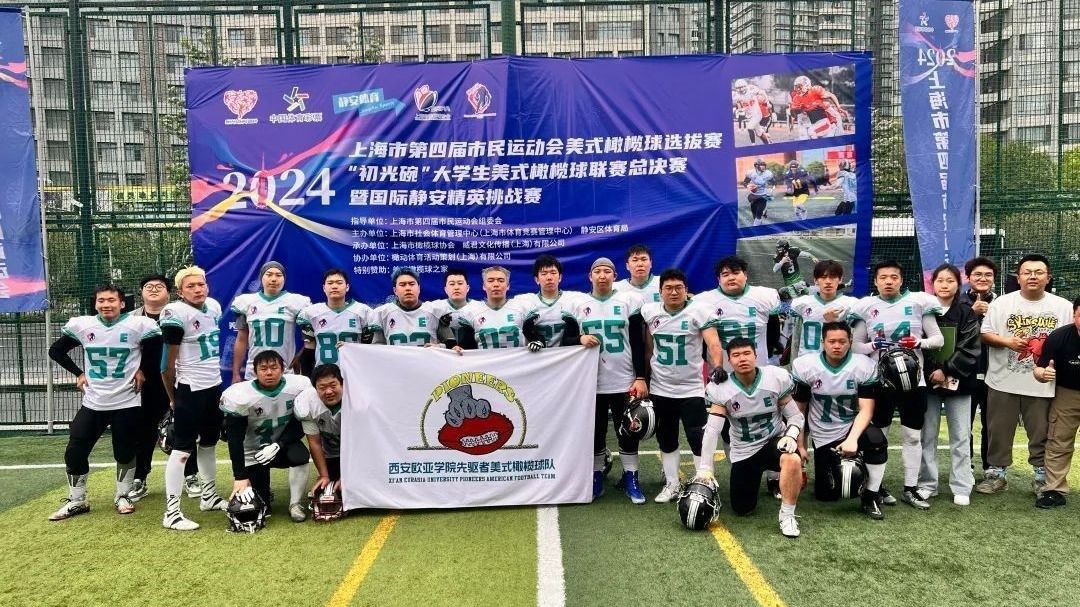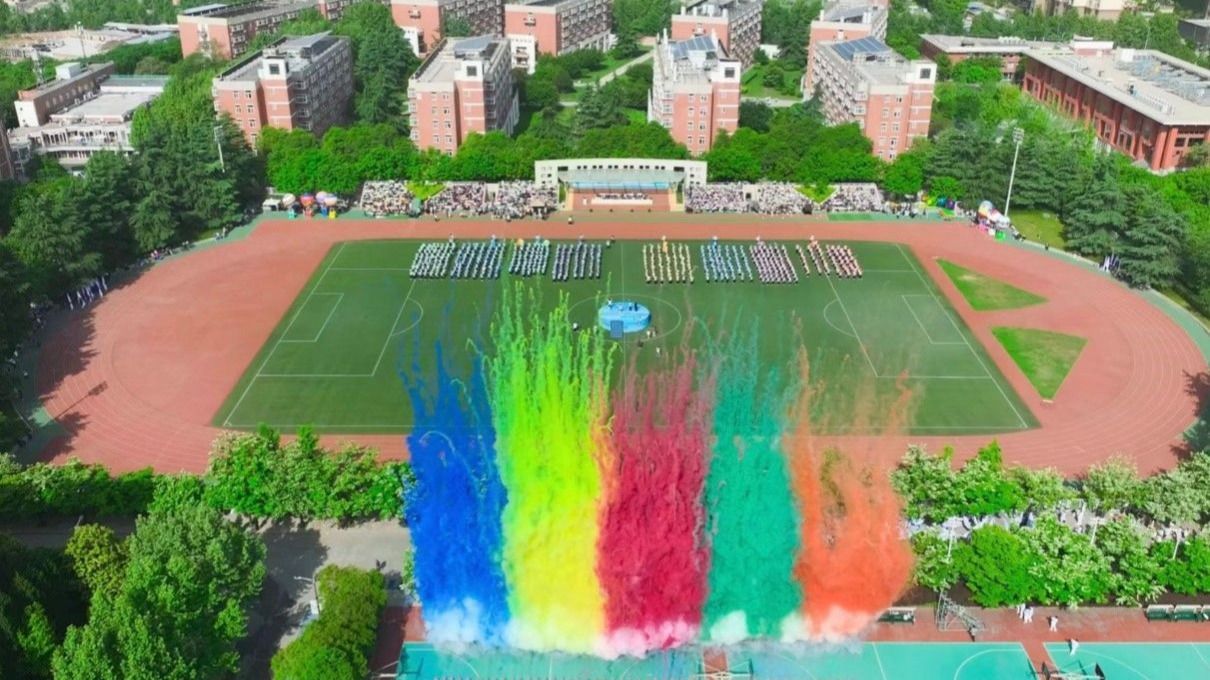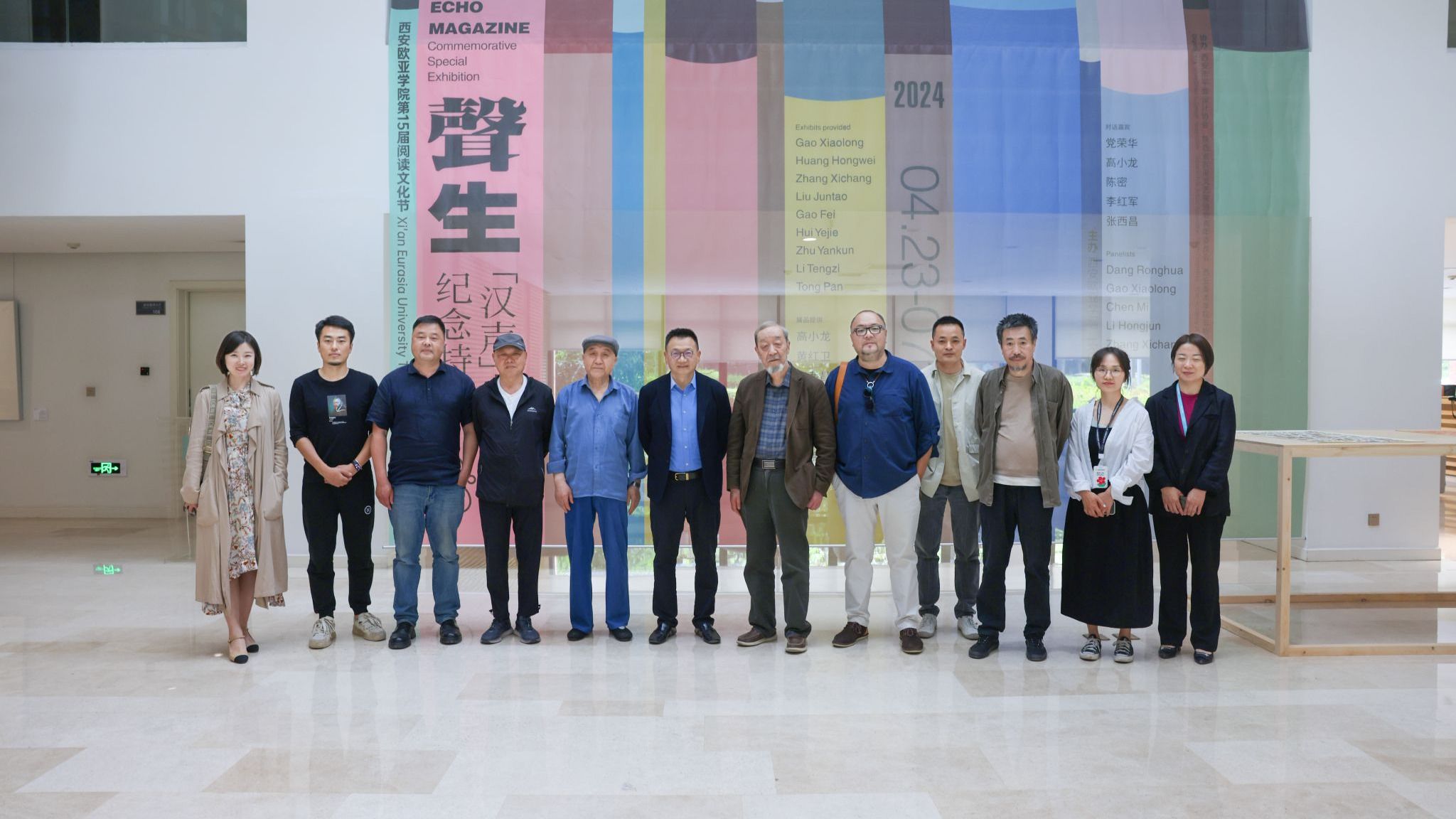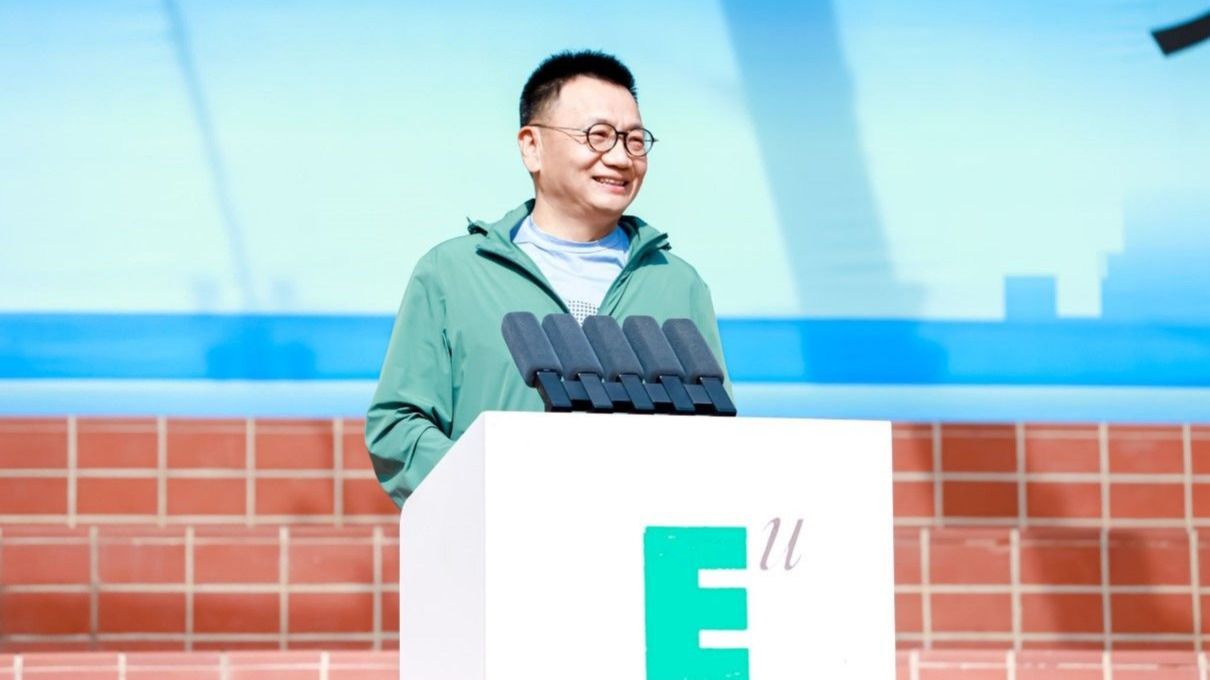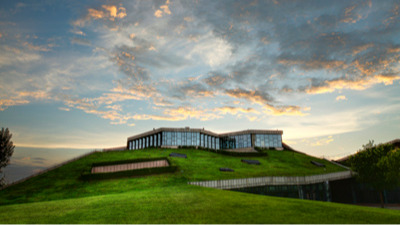A friend of mine once told me about an experience he had. He came out of the office building, took a taxi, got in, and talked to the driver, who asked him, "What exactly are you doing in that office building?" The driver worked hard for more than ten hours a day. Watching so many people come into and out of the office building, he really could not understand how these people make a living. If we call these people knowledge workers, the driver would be even more confused.
Knowledge Leads to Social Development and Progress
More than 50 years ago, in his book The Practice of Management, Drucker said,
"The essence of industrial society is that theoretical knowledge, organizational skills, and leadership (simply put, management skills) are gradually replacing manual skills, and indeed the United States was the first society to face this problem. The basic question is no longer how many educated people in our society can be allowed to support their families without hard work, but how many uneducated people our society can afford to support."
The driver was able to drive a car rather than pull a rickshaw, relying mainly on knowledge workers. Today, in Knowledge Economy Age, after the hard work of scientific and technological knowledge workers, Driverless Cars Age is coming, and his work may face certain challenges. Drucker's concerns have become reality in many industries.
This is related to the progress of scientific and technological knowledge, but also inseparable from the rapid changes in humanities and social knowledge. For example, the social science knowledge workers sitting in the government building have not been idle. They stopped Internet companies from invading the community business two years ago. After all, a couple can support a family by owning a convenience store, and we can't destroy their jobs so quickly. Knowledge workers also face the future layoff of taxi drivers and the worry of how to get them re-employed.
Knowledge workers in the humanities generally love their work more than those in science, technology, and social sciences. But today, they are often overshadowed by the imposing presence of the latter two and do not know how to cope with this disadvantaged position. No matter how much technology advances and how society develops, the purpose of everything must return to people and the well-being of each individual. The mission of humanistic workers is to lead and care for people's hearts and minds, which is the ultimate value and meaning of their work and is far from being replaced by the latter two. Therefore, the value pluralism and use of humanistic knowledge workers lie in common values and their own identification, without the need to compare with others.

(Fig. 1) Lu Zhuoyuan from the School of General Education
Although the public is not quite able to understand what knowledge society and knowledge economy mean, it must be clear to people that without knowledge and education, they will not be able to live a good life in the future. Therefore, people will try their best to make their children receive a better education. Two years ago, the college enrollment rate of China's peer population exceeded 50%, and more than half of the freshmen were first-generation college students in their families. Forty years ago, when I was in college, only 1% of my peers were in college.
We all know the story of the stonemason. From knocking on stones to building churches and houses for God, the stonemason was given a completely different meaning of work and value of life. Therefore, as university teachers, we should keep asking what our work is in the era of knowledge.
Goals and Responsibilities of Teachers
University teachers often humbly refer to themselves as teachers or researchers. The position of the teacher has a long history. A teacher is one who transmits morality, imparts knowledge, and solves doubts. If we use Drucker's concept of the Knowledge Age to define modern university teachers, there may be different realms. Teachers are knowledge workers who are engaged in the production and dissemination of knowledge.

(Fig. 2) Font Design Workshop of Eurasia Art and Design
The research work of university teachers can be easily measured by project completion, papers, monographs, and patents. The development and progress of society are supported and driven by a large amount of specialized knowledge. When I encounter some difficulties or need to do some innovative work, I have been accustomed to consulting relevant academic papers first, and there are corresponding research results of scholars in almost every field. If the information is lacking or not completely up to standard, then knowledge workers with higher pursuits, in addition to doing a good job, can write papers themselves, that is, contributing their talents and labor to the construction of the knowledge system of this subject.
The effectiveness of imparting knowledge to students is difficult to be measured, especially the effectiveness of educating. It can only be demonstrated indirectly through syllabi, peer reviews, assignments and grades, employment outcomes, etc. Essentially, the effectiveness of teaching is the developmental change of students. Academics categorize student development into four areas, including physical development, rational development, career development, and socialization development. Among them, the core component of rational development is to cultivate students' critical thinking and build students' life significance, faith, and passion.
Students' development goals require a combination of school education, social education, and family education. A teacher's work is only a small part of the student development system, just like the stonemason knocking on stones. Over time, teachers tend to get caught up in specific teaching matters and forget the fundamental goal of achieving student development. Then naturally, they fail to make their daily teaching work revolve around the fundamental goal.
Professor Xie Xiaoqing of Beijing Language and Culture University is an expert in critical thinking. He gave himself the nickname Xie Zhuxue (Zhuxue means helping students), which represents his philosophy of education. Apparently, he believes that the main responsibility for students' learning and development lies with the students themselves, and that the teacher's duty is not only to teach and engage in scientific research but also, more essentially, to assist or help students develop in an all-around way.
Faith and Passion of Teachers
Professor Yang Dongping once introduced in an article the viewpoint of Principal Mogens Godballe of the Danish Nordfyns Folk Academy that a successful life contains 90% faith and passion and only 10% skill. Every adult inevitably has times when they are disillusioned and confused and cannot find their way. Helping them to know themselves, find their orientation, and regain their confidence in life is the most basic function of the school.
My teacher, Professor Wu Daguang, the former vice president of Xiamen University, left his post five years ago and has regained his second spring of academic research. With papers and research results spurting out, he also formulated his academic plan for the next ten years. Where did his passion for work come from? It came from his sense of mission for higher education research in China, from which he found the value and significance of his life. Mr. Wu told me that he did not get this passion from the beginning but suddenly found it when he was a visiting scholar at UC Berkeley in his 40s, reading and writing every day. From then on, it never stopped.
I myself have had many confusing moments. When I look back, it is the mission of Xi'an Eurasia University, that is, to provide high-quality education services to students, and to become the most respected private university in China that has been the beacon of light for me to get out of the confusion, and the inner source of my passion for work.

(Fig. 3) A Corner of Campus
Huang Xin once asked me, "How do you find faith and passion as a young teacher?" I said, "You are the head of the School of General Education and a doctoral candidate at the Institute of Education of Tsinghua University. And your graduation thesis is about general education for application-oriented universities. There should be few people in China who have both theoretical and practical advantages in this field. If you take 'making outstanding contributions to the change of general education in Chinese application-oriented universities and becoming the first person in general education research and practice in China's application-oriented universities' as your personal development goal, the passion will come raging.
The content and characteristics of each person's beliefs are different, but those who truly have beliefs share common characteristics, including believing from the heart, acting with pleasure, paying regardless of the rewards, and persevering without stopping.
Teachers' Other-driven and Self-driven
In 1959, in his book Landmarks of Tomorrow, Drucker formally put forward the concept of the Knowledge Worker, that is, most organizations today consist of knowledge workers and are quite large. Knowledge workers cannot be supervised, and managers can only assist them. Knowledge workers have a high degree of autonomy and consciously pursue effectiveness. As knowledge workers, teachers must highly agree with this, so they often use such quotations to question schools' various assessments in reality.
Forty years ago, when I first became a teacher, I had such a teacher assessment form, which was not as complicated as it is now. Ten years ago, Professor William Barone of Duquesne University gave us a lecture and showed us Duquesne's teacher evaluation system, which was comprehensive but very easy to use. Teachers can input their various teaching, scientific research, and social service work contents into the system at any time, and the system can automatically generate various forms and analysis charts. If teachers were proficient in using this software, the workload required to fill out the forms was minimal, but the analysis charts were very useful to teachers, the university, and external evaluators. Later, we also developed a corresponding system.

(Fig. 4) Professor William Barone giving a lecture at Xi'an Eurasia University
Both Chinese and American university administrators did not follow Drucker's words to supervise the effectiveness of knowledge workers but let them consciously pursue benefits by relying on a high degree of self-awareness. In fact, Drucker only admonished administrators on how to treat knowledge workers and emphasized the characteristics of knowledge workers. However, if there is no set goal, no process records, no work standards and procedures, and no performance appraisal for knowledge workers, then a large organization with knowledge workers as the mainstay is bound to become a knowledge rabble.
University administrators should create a culture of personal self-driven and assist faculty in accomplishing organizational and individual goals and tasks, but they should not give up their responsibility as organizational managers and play the role of other-driven. Although other-driven sounds less dynamic than self-driven, its significance and role are self-evident, especially for beginners and new workers, who often need to be driven by others to get freely self-driven. Like the ignition of a car, it ignites the engine, and then the engine drives the car forward. Knowledge workers should be good at using other-driven, and long-term progress must rely on self-driven.
Teachers' Mission of Innovation
Many aspects of society are essentially shaped by systematic knowledge, and cutting-edge knowledge is essential to building an ideal society. Academics have proposed two different kinds of knowledge societies, the elite knowledge society, and the mass knowledge society. The latter sees the tremendous growth in school enrollment as creating a society driven by the "wisdom of the majority".
When it comes to innovation, it is often considered to be a highly sophisticated undertaking that few people can achieve. There are many types of innovation, including disruptive innovation and incremental innovation. For Nokia, iPhone is a disruptive innovation, which can only be created by genius like Steve Jobs, and required extraordinary efforts and luck. For most people, incremental innovation is generally adopted, that is, continuous small innovation is used to continuously improve products or services. The wisdom of the majority drives the overall progress of society, which naturally brings benefits to the majority and avoids the social inequality caused by over-reliance on elite knowledge society.
This also gives us an inspiration that the knowledge society is composed of both elite knowledge and popular knowledge. Elite knowledge workers are mainly responsible for producing expertise, while teachers and graduates of application-oriented universities and vocational colleges are also knowledge workers who mainly play the role of popular knowledge workers, undertaking to integrate and transform theoretical knowledge into technology, applying it in their work to solve problems, and continuously innovating. The core mission of such teachers must be to focus on innovation in education and teaching to improve its quality and effectiveness.
After attending the teaching training class organized by Xie Xiaoqing, a teacher said, "In the past, I carefully prepared lessons, gave lectures, assigned homework, corrected it, and tried to help students with learning difficulties... But I have not been able to help students create a learning space that truly belongs to them. I was very confused. This training class activated my thinking about teaching reform. I saw the possibility of reshaping the thinking classroom and helping students establish their sense of learning subjectivity." It can be seen that innovation is not out of reach but in teachers' daily work. The key is whether teachers have the faith to help students develop and the awareness and action of innovation.
Training Future Knowledge Workers
How can knowledge productivity be improved? Drucker believed that the productivity of knowledge workers depended on six main factors, which were clear tasks, the ability to self-manage, constant innovation, continuous learning and being taught, the quality of work being at least as important as its quantity, and knowledge workers' loyalty of to the organization.
As knowledge workers, university teachers should be clear about this concept, and it should become their code of conduct, as well as core educating values because their current students will be future knowledge workers.

(Fig. 5) Students learning and exchanging
Our students lack stamina because they think that as graduates of ordinary universities, they will be engaged in ordinary works according to the rules. They believe that belief is the luxury of big shots, theoretical knowledge is a tool for scholars and teachers to make a living, learning is aimless reading or training to get certification related to jobs, and innovation has nothing to do with them. Because of this, after working for many years, they gradually became old fellows who are surpassed by new staff. The only way for them to solve the future dilemma is to regard themselves as knowledge workers with faith, self-driven, continuous learning, and innovation when they are still students.



